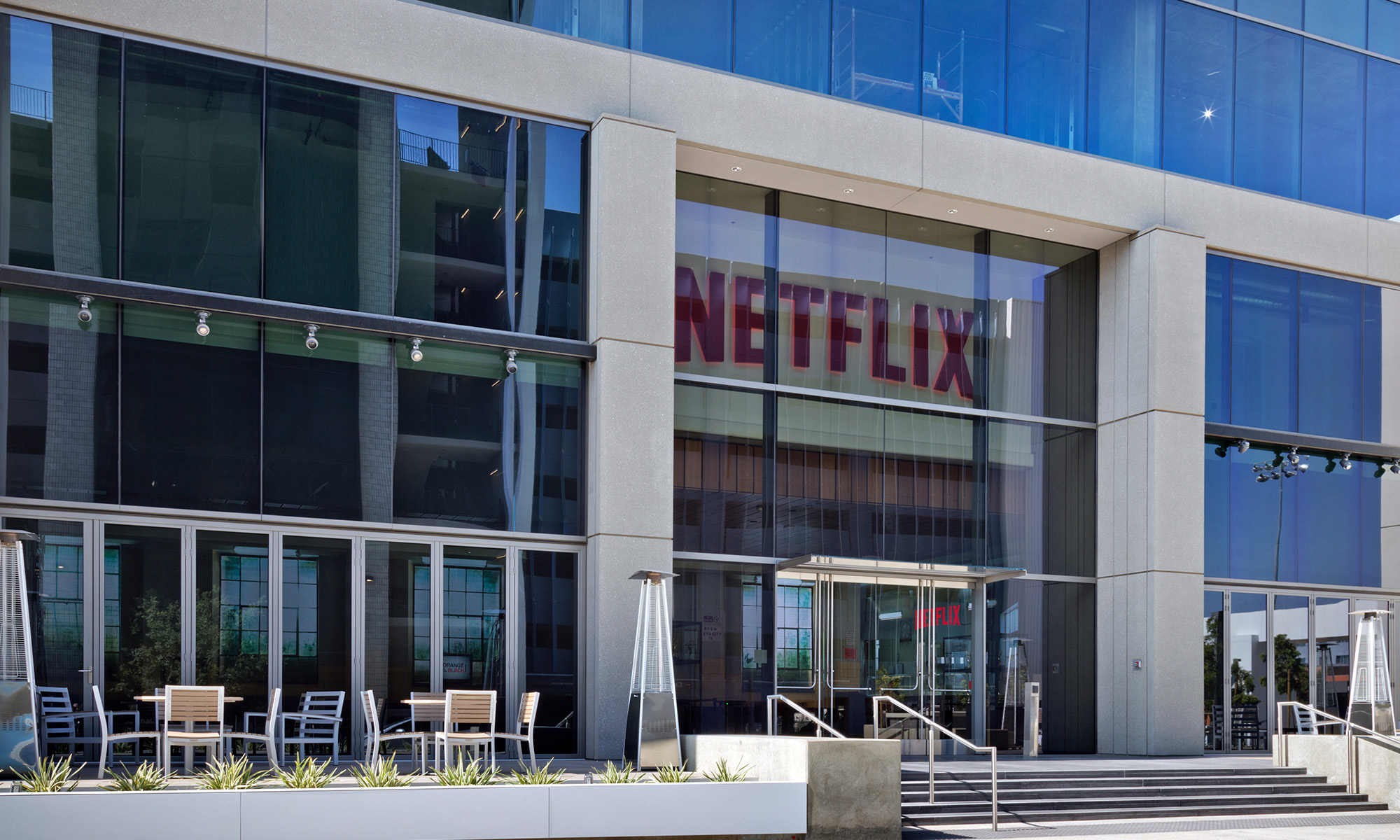
Shares of Netflix (NFLX +3.09%) notched another all-time high this week after a tech analyst boosted his price target for the company. RBC Capital Markets' Mark Mahaney raised his goal from $530 to $600, parking him at the top of the more than two dozen major analysts following the leading premium video service.
This might seem like a dangerous time to stick your neck out for Netflix. The stock certainly isn't cheap trading at 123 times this year's projected earnings and a still-steep 73 times next year's forecast. It would have a market multiple of 155 for this year based on Mahaney's $600 price target.
Then again, weren't many people similarly skeptical after Netflix stock nearly quadrupled in 2013 to become the biggest winner in the S&P 500? The shares have gone beat the market so far in 2014 with a 30% pop through Tuesday's close. As long as Netflix keeps growing in popularity and blowing through Wall Street profit estimates, it's hard to bet against CEO Reed Hastings.
Short people
One reason for Mahaney's move is the large number of naysayers who have sold the stock short. The analyst pointed out that Netflix has the highest short interest and the lowest buy-rating ranking among the large Internet companies. It's a smart contrarian point. After all, the average Wall Street stock target is actually below where the companies' shares are perched now.
There were 5.7 million shares of Netflix sold short as of mid-August. After bottoming out at 3.9 million bearish wagers at the end of March, we're seeing short interest inch higher. One could point out that short interest was as high as 8.2 million shares toward the end of last summer, but let's not forget that the stock was also a lot cheaper at the time.
Having 8.2 million shares sold short a year ago when shares cost $259 adds up to $2.1 billion in bearish bets against Netflix. The current 5.7 million shorted shares with the stock at $478 translates into $2.7 billion in short interest. That's a lot of short interest to cover if Netflix continues to deliver excellent results.
Assessing the playing field
One of the hardest parts of assessing what Netflix is worth -- and perhaps why the valuation has been all over the map during the past three years of volatility -- is that there isn't a comparable entity to stack it up against.
Amazon.com (AMZN +2.06%) is the closest pure rival in terms of a stand-alone streaming smorgasbord, but video is just a perk that the leading online retailer includes in its Prime membership. Amazon has also been silent regarding how many of its customers are taking advantage of the streaming platform. Time Warner's (TWX +0.00%) HBO Go is another rival, but it's only available to people paying for the HBO premium movie channel on top of satellite or cable television subscriptions. Netflix is unique, making it hard for the market to agree on a floor or a ceiling.
Netflix now has more than 50 million streaming subscriber accounts worldwide, and earlier this summer it was projecting to be just shy of 54 million by the end of this month. That's more than any premium digital entertainment platform, but it's hard to rest on that peer group because prices and margins vary dramatically.
We know that Netflix is working. Revenue climbed 37% in the company's latest quarter, but profitability shot 145% higher. This is scalable model, and content costs per subscriber naturally improve for Netflix as its user base widens.
It's easy to be concerned about dizzying heights for a stock that has popped more than fivefold since the beginning of last year. Hitting yet another new high with an analyst setting a price target higher than it's ever been might seem like signs of froth. However, stocks that are labeled as "priced for perfection" sometimes have a funny way of exceeding perfection. They scale the wall of worry. They exceed expectations. They burn the shorts. It's what Netflix has done so far, and it's why Mahaney's brazen call might not be so brazen after all.







